In the report on receiving, explaining and completing the revised Law on Special Consumption Tax (SCT) sent by the Ministry of Finance to the Ministry of Justice for appraisal after synthesizing comments on the draft Law, the Ministry of Finance said that as of April 11, there were 100 documents providing comments on the draft Law from 16 ministries, 5 government agencies, 49 localities, 3 international organizations, 1 embassy, 2 international non-governmental organizations, 25 associations and enterprises.
Of these, 35 units completely agreed, 65 units basically agreed and had some specific opinions on the structure of the draft report and wording to comply with the provisions of the Law on Promulgation of Legal Documents.
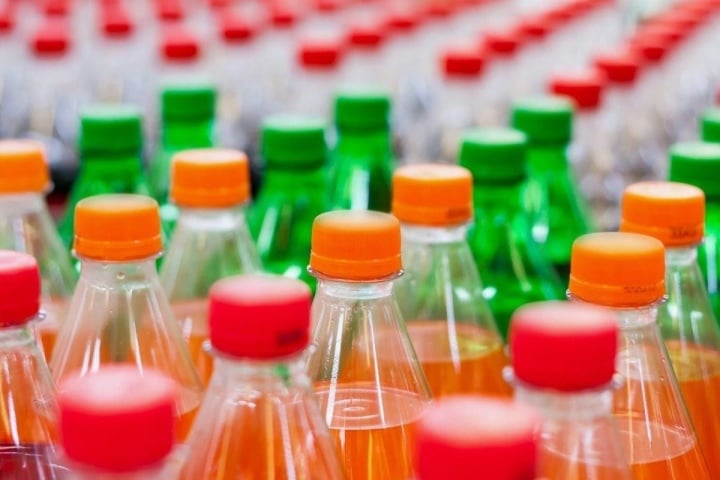
The Ministry of Finance maintains the proposal to impose special consumption tax on sugary drinks (Illustration photo: KT)
Specifically, the policy group to add sugary drinks to the list of subjects subject to special consumption tax had 74 opinions in favor and 26 other opinions.
The Ministry of Finance explained that the addition of special consumption tax on sugary drinks is in accordance with the State's policy stated in Resolutions No. 07-NQ/TU, Resolution No. 20-NQ/TU...
The harmful effects of sugary drinks on human health have been proven by international organizations for public health protection and the Ministry of Health. These organizations all recommend applying special consumption tax on sugary drinks to help reduce consumption of this product.
According to WHO data, there are currently about 85 countries applying taxes on sugary drinks and the application of excise tax on sugary drinks has been effective.
In Vietnam, the average household consumption of soft drinks per capita in 2013 was 47.65 liters/person, increasing to 70.56 liters/person in 2020.
Therefore, the Ministry of Finance proposed to maintain the proposal to add sugary drinks to the list of subjects subject to special consumption tax.
Regarding some opinions suggesting the exclusion of milk and dairy products, beverages with nutritional value; considering applying measures to limit consumption of some beverages with high sugar content; regulating the concept of "sugary drinks" in the Law. The Ministry of Finance said that according to TCVN 12828:2019, soft drinks are ready-to-drink products for the purpose of quenching thirst, processed from water that may contain food additives, flavorings. Can add ingredients of natural origin, vitamins and minerals, carbonated or non-carbonated.
To avoid the case of enterprises continuing to make recommendations regarding this item, the Ministry of Finance accepted the opinion in the direction of amending the phrase "sugary drinks" to "sugary soft drinks according to TCVN" in the subject of special consumption tax. Accordingly, some items will be excluded from the subject of special consumption tax such as: milk; liquid foods used for nutritional purposes; natural mineral water, bottled drinking water; vegetable and fruit juices and nectars (molasses) of vegetables, fruits and cocoa products.
How to tax properly?
Regarding the proposal to impose special consumption tax on sugary drinks, Associate Professor, Dr. Dinh Trong Thinh, an economic expert, said that the consumption of sugary drinks per capita in Vietnam is increasing rapidly. According to the Ministry of Health, there is recent evidence showing a link between sugary drink consumption and non-communicable diseases, causing economic losses, burden of medical costs and mortality. This is also one of the main causes of overweight and obesity in both children and adults.
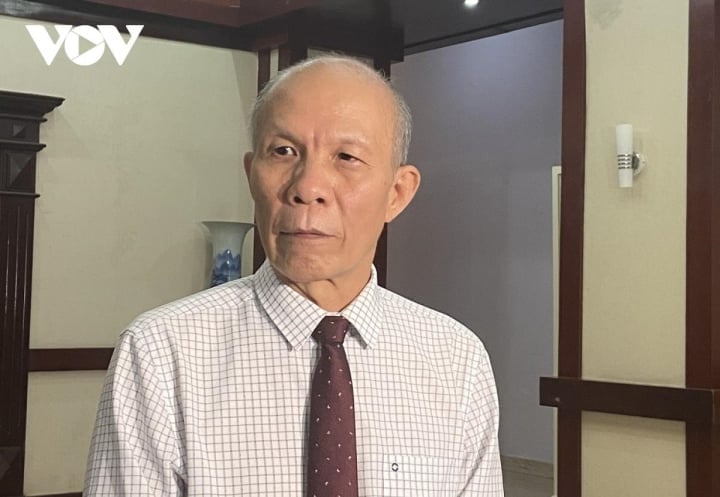
Associate Professor, Dr. Dinh Trong Thinh, economic expert
“ It is necessary to adjust habits, raise awareness about sugary beverage consumption, minimize economic losses due to weight gain and obesity and the occurrence of related diseases, thereby reducing the burden of medical costs and mortality rates, ensuring the healthy, harmonious and sustainable development of future generations of the country. Accordingly, the proposal to impose special consumption tax on sugary beverages by the Ministry of Finance is completely reasonable ,” Associate Professor, Dr. Dinh Trong Thinh stated.
Associate Professor, Dr. Dinh Trong Thinh said that Vietnam does not have a special consumption tax on sugary drinks, this product is only affected by a 10% VAT. Meanwhile, developed countries with high obesity rates are gradually applying special consumption tax on sugary drinks. If in 2012 there were only about 15 countries, now there are at least 67 countries/territories taxing sugary drinks, of which 56 countries impose special consumption tax; 9 countries impose import tax; 2 countries impose goods and services tax.
Thus, imposing special consumption tax on sugary drinks is one of the effective measures to guide consumption, reduce the consumption of sugary soft drinks, and contribute to the prevention and control of non-communicable diseases.
" If special consumption tax is applied to sugary drinks, output may decline in the first few years but will then recover and may continue to increase. Moreover, in essence, special consumption tax is a tax levied on consumers to regulate consumer behavior, businesses are only tax payers on behalf of consumers, so apart from a short-term decline in output, businesses in the industry will be less affected, " Mr. Thinh assessed.
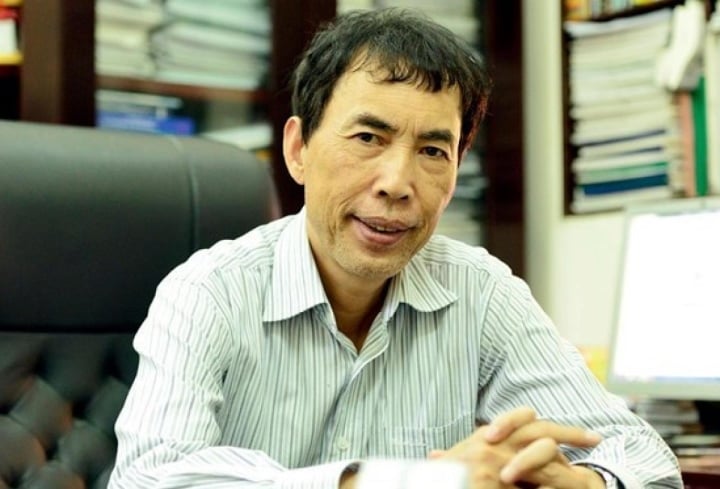
Dr. Vo Tri Thanh, Director of the Institute for Brand Strategy and Competition Research
Meanwhile, Dr. Vo Tri Thanh, Director of the Institute for Brand Strategy and Competition Research, said that there are three things to note about special consumption tax. First, there are many goals that must be traded off, and it is not easy to choose, so policy priorities must be very important. Next, this is a very difficult policy, so sometimes the policy dares to accept trial and error. And if you want to avoid trial and error, you must study very carefully. Finally, you need to find an optimal point where tax collection is best, and production and business can still be done.
According to Mr. Thanh, each type of tax has its advantages and disadvantages. Currently, some countries are switching to mixed taxes (simultaneously applying the percentage tax calculation method and the absolute tax calculation method, and the tax amount applied to the mixed tax calculation method is determined as the total tax amount in percentage and absolute tax amount...) to minimize negative effects. Therefore, the imposition of special consumption tax on sugary drinks, barley drinks and non-alcoholic soft drinks on the subjects of special consumption tax and the continued adjustment to increase the special consumption tax rate on alcohol and beer need to take into account the timing and sequence.
" The essence of the tax story is that we achieve the goal, but accept that the field is necessary for life. This, in my opinion, needs more time to be fully researched, " Mr. Thanh said, at the same time, he said that if it is applied, it should be applied in the transitional period and should be piloted and carried out cautiously. The time that Mr. Thanh gave and thought was reasonable was 2026.
Diep Diep (VOV.vn)
Useful
Emotion
Creative
Unique
Wrath
Source





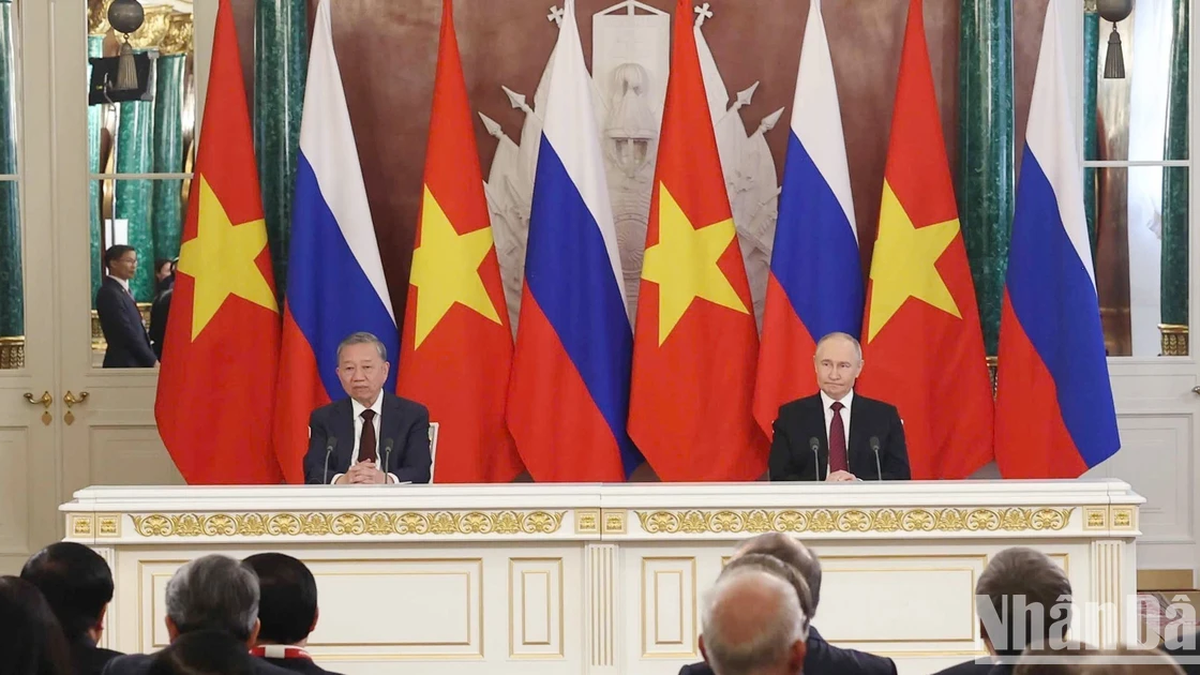
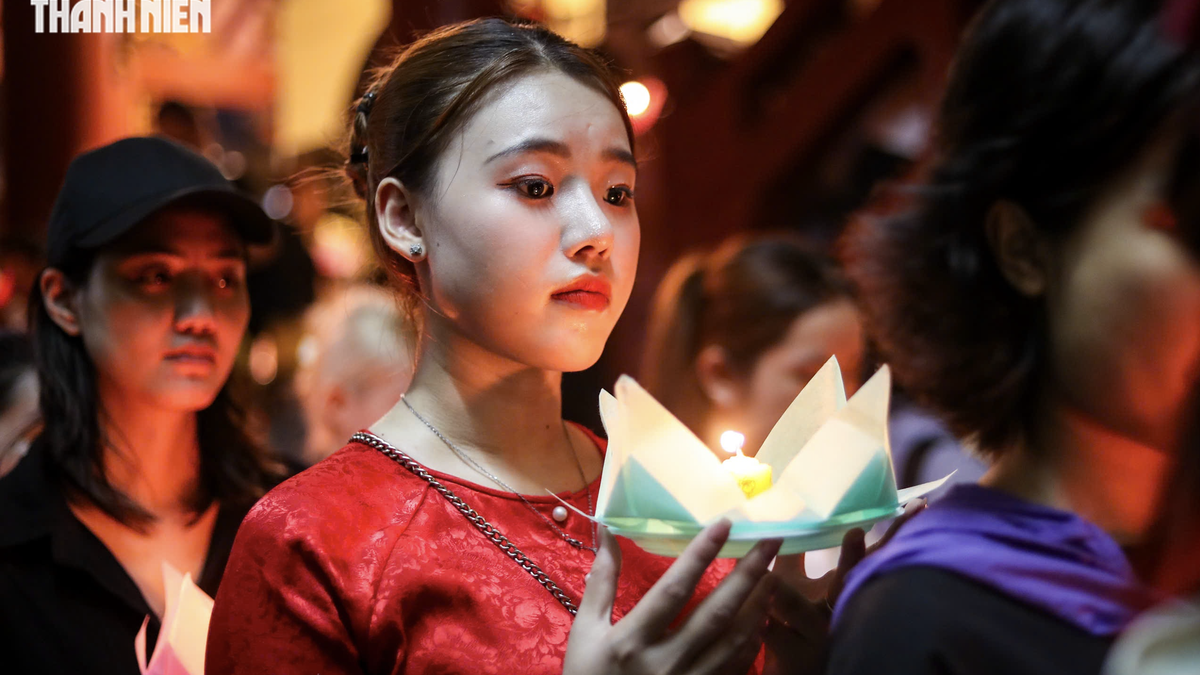
![[Photo] Prime Minister Pham Minh Chinh chairs Government Standing Committee meeting on Gia Binh airport project](https://vphoto.vietnam.vn/thumb/1200x675/vietnam/resource/IMAGE/2025/5/10/6d3bef55258d417b9bca53fbefd4aeee)
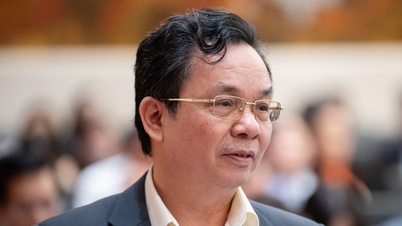

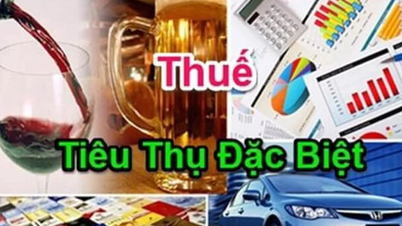



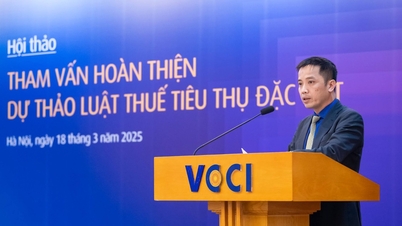


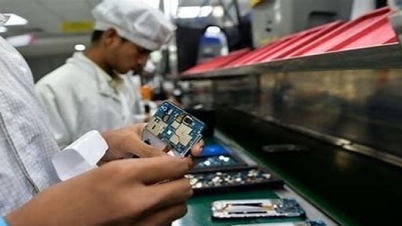



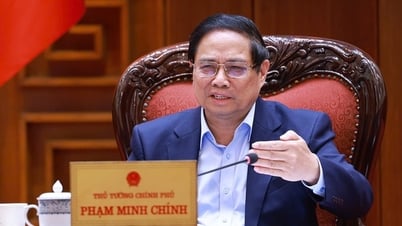


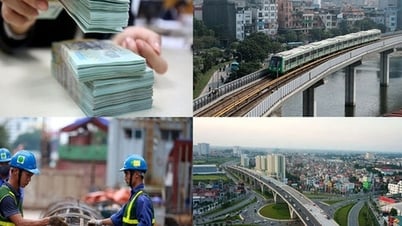









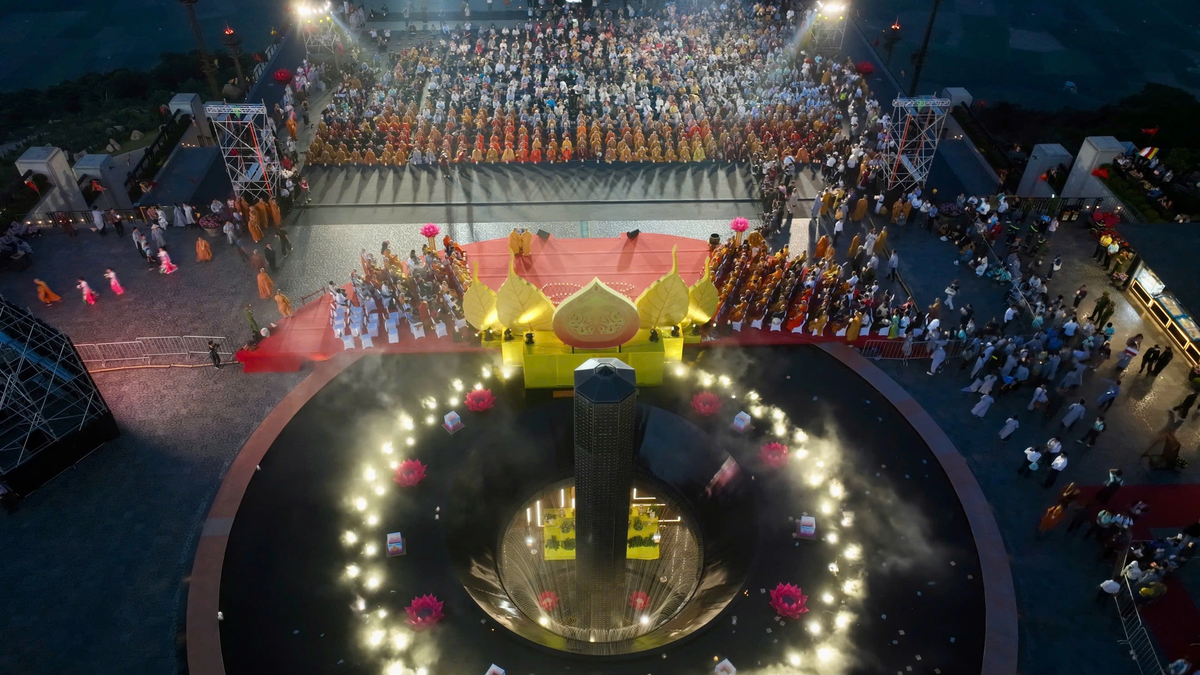



































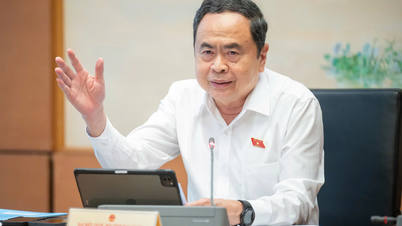










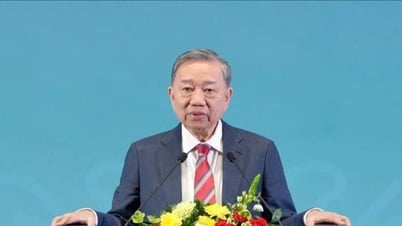

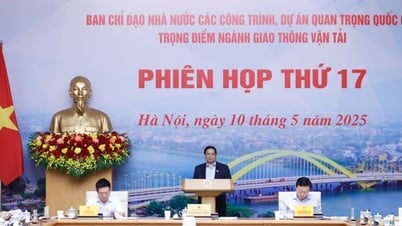

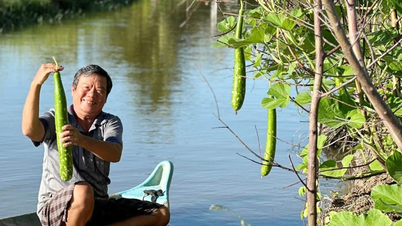















Comment (0)